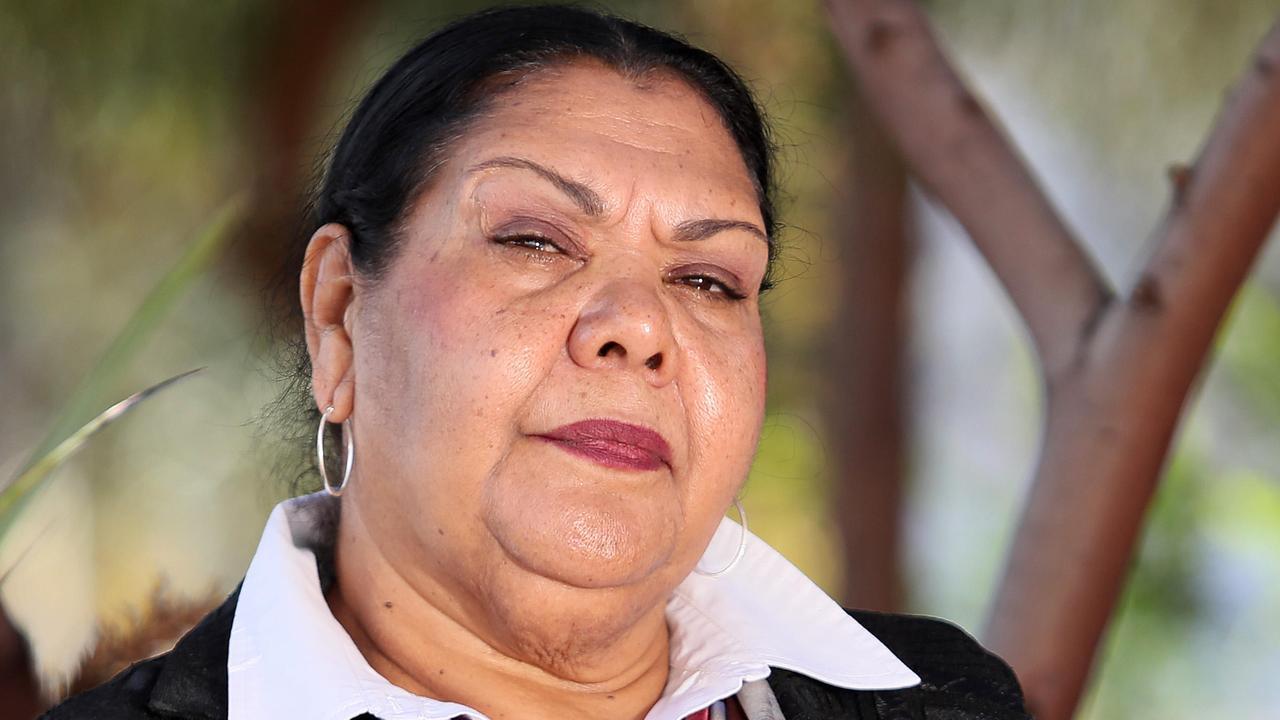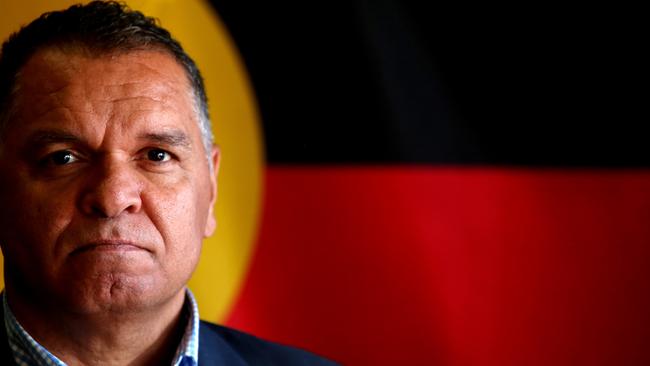Call for a treaty spanner in the works of recognition bid
It is encouraging to see Mick Gooda suggesting a deadline for a constitutional recognition question by the end of this year.
There is much confusion surrounding constitutional recognition for Aboriginal people, which adversely affects its momentum and likelihood of success. Setting a deadline for a question is one way to regain the momentum.
Hopefully with a deadline, a question will emerge so that people will know exactly what it is they will be deciding on.
However, there is another spanner in the works that is likely to bring the quest for recognition to a halt: the call for a treaty.
At least two Aboriginal leaders have suggested the need for treaties between Australia and Aboriginal nations. Given that two knowledgeable men such as Noel Pearson and Warren Mundine, who I believe are dedicated to seeing Aboriginal people thrive, have suggested treaties, the proposition warrants careful attention.
Apart from what many would see as obvious — namely, a treaty is likely to be a lawyer’s picnic with many losers and few winners — there are many important questions that need answering. What exactly can a treaty achieve for Aboriginal people today that cannot already be achieved without it? How does a treaty relate to constitutional recognition? If a treaty is believed to be beneficial to Aboriginal people, then its proponents need to articulate how it will benefit the people.
Will it just leave people with some short-term warm and fuzzy feelings, much like when they receive a national apology or listen to the obligatory welcome to country speeches?
Or will it address the serious problems facing Aborigines, such as the need for access to modern services and fresh food, job opportunities and safe living environments — the sorts of things most Australians (including many Aborigines) enjoy and take for granted?
Despite calls for a treaty, many Aborigines, several thousand in fact, are doing exceedingly well without one. Is a treaty really the silver bullet we are waiting for?
I am not ruling out the option of a treaty altogether, but surely we should be focusing on what has enabled successful Aboriginal people to achieve what they have, so as we can replicate success.
But if a treaty is to be pursued, it cannot be discussed without discussing the elephant in the room — who is an Aborigine?
What happens in the case of someone like myself — a part-Aboriginal Australian who has both Aboriginal and non-Aboriginal ancestry? Will a treaty highlight differences between those Australians with Aboriginal ancestry and those with no Aboriginal ancestry and potentially polarise the two groups?
I fear that chasing a treaty will remove the unity from community, when we should be thinking of all Australians as belonging to one community. Experience has shown that once indigenous identity is open for discussion, claims of offence are sure to follow.
Finally, my concern is that chasing a treaty will be another great distraction from addressing the problems we know need to be addressed, but that few wish to acknowledge, such as violence, child abuse, and drug and alcohol abuse, all of which are killing Aborigines; yet many are happy to sit by and chase the next fad. Unless it is explained how a treaty will address these problems, then a treaty is likely just another distraction.
Let’s think carefully about constitutional recognition and treaties. Central to discussions should be the question: how will this benefit Aboriginal Australians so that they can enjoy the benefits that are their right as Australian citizens?
Anthony Dillon is a fellow at the Australian Catholic University.



To join the conversation, please log in. Don't have an account? Register
Join the conversation, you are commenting as Logout